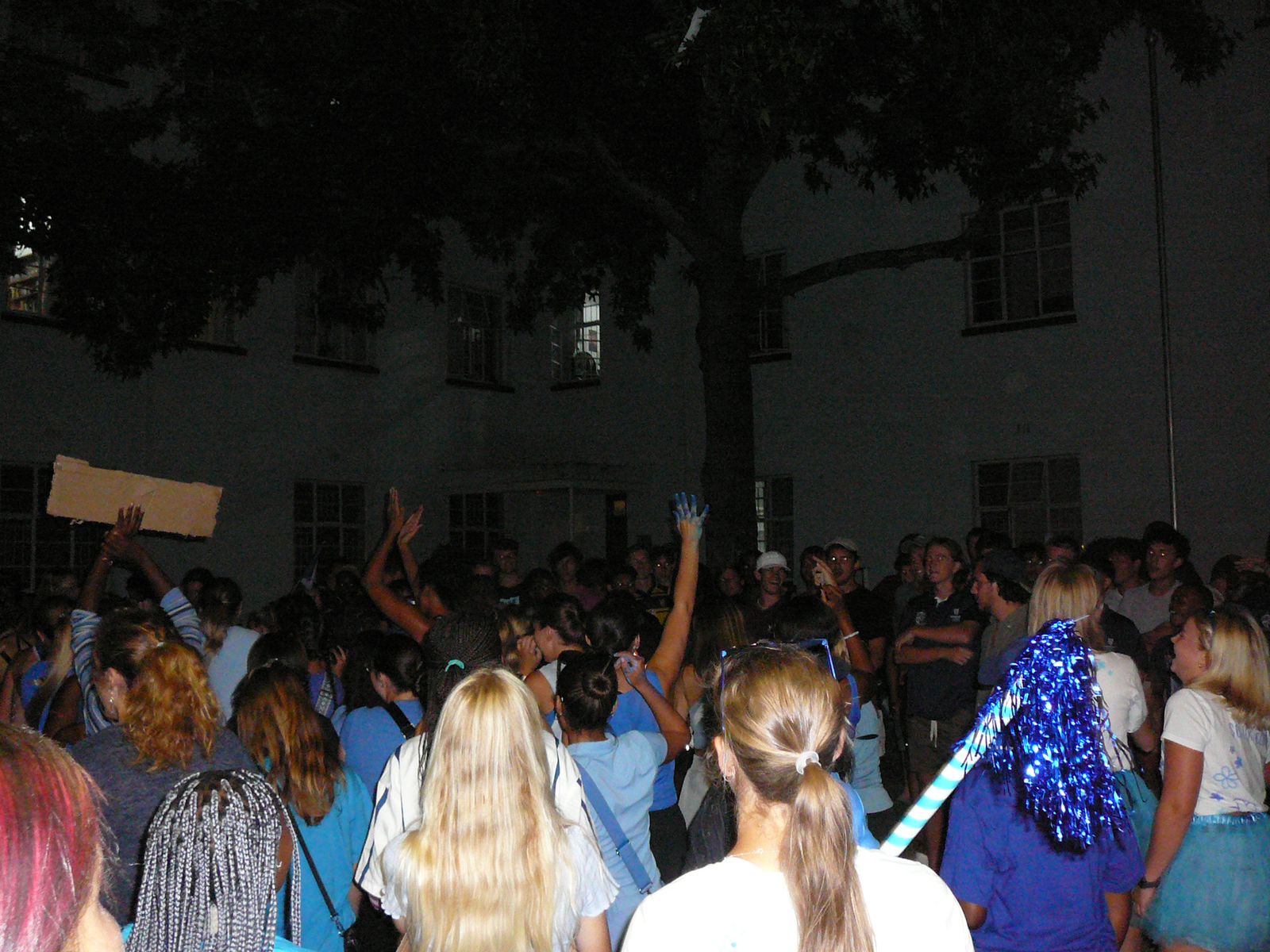BY DOMINIQUE VERSTER
With exam season looming ahead, the average student tends to regress into a state of neglect: one that includes copious amounts of coffee and long, sleepless nights. This is, however, a foolproof recipe for creating a batch of burned-out Maties students, and burnout is something that none of us needs this close to the holidays. Yet, there is no need to fear. Your neglectful behaviour need not be transformed completely, only managed in order to survive the exam season. This article will serve as an aid to the struggling student in regulating their bad lifestyle habits, so sit tight. That being said, this is not an unrealistic instruction guide on how to become an entirely different person overnight.
Even though the average student should be getting around eight hours of sleep per night, especially during the exams, we all know that this is not realistic. Instead, you can focus on the many ways to guide and even utilise the consequential drowsiness caused by a long night behind the books.
Research shows that drowsiness and fatigue can actually be beneficial to the study process, especially when paired with exercise. According to a chronobiology study from Brigham and Women’s Hospital in Boston, your brain retains higher concentrations of information and skills if you study in your most tired state and then go to bed directly after. This means that instead of pulling that all-nighter, call it quits at 3 am to let your brain process the information.
Exercising beforehand will also maximise your studying capacity as the exercised body will pump oxygen and nutrients to the brain. According to Dr. Douglas B. McKeag, exercising before that six-hour bib session can make you more alert, open, and able to learn new information.
Even though moderate amounts of coffee have also proven to enhance study performance, an adult should be limited to one strong cup a day as not to overly stress the body. Consistent exposure to caffeine can in actuality contribute to burnout symptoms and should thus be avoided. When you find yourself dozing off after a night of insufficient sleep, one can again stress the importance of steering away from the My Brew coffee stand. Rather do some light exercise to stimulate the spread of oxygen to the brain or take a cold shower to activate your adrenals, as suggested by journalist Patrick Allan. These methods are far more sustainable and less taxing on the body than the regular dose of caffeine.
Drinking water regularly can also go a long way in distributing oxygen throughout the body and thus heighten alertness, so also keep a 2l water bottle on hand.
The last thing you want to do when you feel overcome with drowsiness during the day is to take a nap. This will leave you feeling even groggier afterwards and further disrupt your sleep cycle. According to various studies, if you should find yourself falling asleep during the day, limit the nap to 30 minutes or less.
By limiting daytime naps, you allow yourself to sleep far deeper the next evening, and easily fall back into the rhythm of your regular sleep cycle. It also aids in establishing a routine, which can help your body anticipate the amount of sleep you will get daily and adjust accordingly.
Steering more towards organisational habits, a simple and effective tip to manage stress would be to plan your workload every morning. Your planning doesn’t have to be in-depth or detailed, it should just consist of a plotted list of goals that need to be completed. This can keep your brain clear of clutter and help you track your study progress. It can also act as a motivating agent, as checking items off a list releases a dose of serotonin (the hormone that regulates motivation) according to psychology journalist Lauren Marchese.



